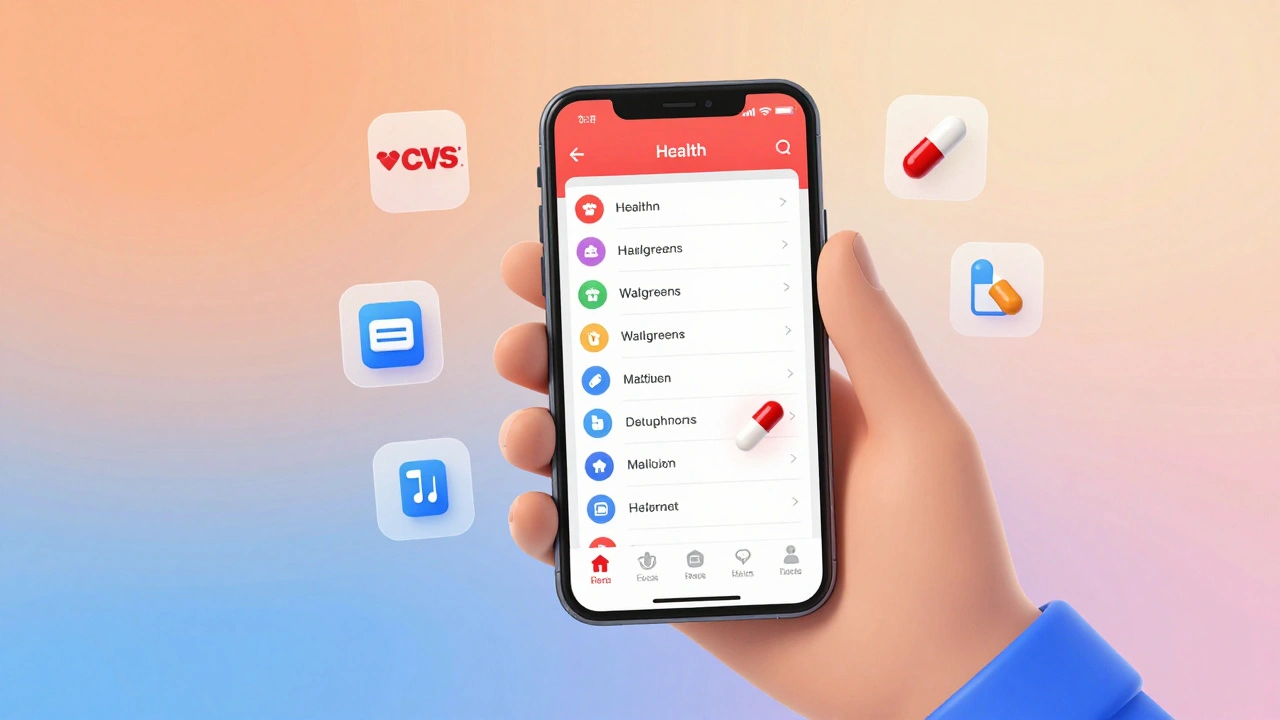Understanding Carbidopa-Levodopa
Before diving into the importance of regular medical checkups, it is crucial to understand what Carbidopa-Levodopa is and why it is prescribed. Carbidopa-Levodopa, also known as Sinemet, is a combination medication used to treat the symptoms of Parkinson's disease. Parkinson's disease is a progressive neurological disorder that affects movement and can cause tremors, stiffness, and difficulty with balance and coordination.
Carbidopa-Levodopa works by increasing the levels of dopamine, a neurotransmitter, in the brain. Dopamine is responsible for transmitting signals in the brain and other vital areas, which ultimately helps with smooth and coordinated muscle movements. In Parkinson's disease, the production of dopamine is decreased, leading to the various movement-related symptoms. By providing a steady supply of dopamine, Carbidopa-Levodopa helps alleviate these symptoms and improve the quality of life for those living with Parkinson's disease.
The Importance of Regular Dosage
When it comes to managing Parkinson's disease, consistency is key. It is essential to take Carbidopa-Levodopa as prescribed by your healthcare provider. This typically involves taking the medication at regular intervals throughout the day, as well as adjusting the dosage over time based on your symptoms and response to the medication.
Maintaining a consistent dosage is crucial because it helps ensure that there is a steady supply of dopamine in the brain, which helps to alleviate the symptoms of Parkinson's disease. Skipping doses or taking the medication irregularly can lead to fluctuations in dopamine levels, which can cause your symptoms to worsen or become more unpredictable. In addition, taking the medication consistently can help minimize the risk of side effects and complications, such as dyskinesias, which are involuntary muscle movements that can occur with long-term use of Carbidopa-Levodopa.
Monitoring Side Effects and Interactions
As with any medication, it is essential to be aware of the potential side effects and interactions that can occur with Carbidopa-Levodopa. Common side effects include dizziness, drowsiness, nausea, and vomiting. More serious side effects, such as hallucinations, confusion, and depression, may also occur. If you experience any of these side effects, it is essential to discuss them with your healthcare provider to determine the best course of action.
Furthermore, certain medications and supplements can interact with Carbidopa-Levodopa, potentially decreasing its effectiveness or increasing the risk of side effects. These interactions can include medications for high blood pressure, antidepressants, and certain vitamin and mineral supplements. Regular medical checkups can help ensure that your healthcare provider is aware of all the medications and supplements you are taking, allowing them to adjust your Carbidopa-Levodopa dosage or recommend alternative treatments if necessary.
Assessing Treatment Effectiveness
Regular medical checkups are crucial in assessing the effectiveness of your Carbidopa-Levodopa treatment and making any necessary adjustments. During these appointments, your healthcare provider will evaluate your symptoms, discuss any side effects or concerns you may have, and determine if any changes need to be made to your medication regimen.
It is essential to be open and honest with your healthcare provider about your symptoms and any changes you have noticed since starting Carbidopa-Levodopa. This information can help them determine if the medication is working effectively or if other treatment options should be considered. Additionally, regular checkups can help track the progression of Parkinson's disease and ensure that you are receiving the appropriate level of care and support.
Staying Proactive in Your Parkinson's Disease Management
Ultimately, the key to managing Parkinson's disease and maintaining a high quality of life is staying proactive in your treatment and care. This includes taking Carbidopa-Levodopa as prescribed, attending regular medical checkups, and keeping an open line of communication with your healthcare provider about your symptoms, side effects, and any concerns you may have.
In addition to medical management, it is also essential to focus on maintaining a healthy lifestyle, including regular exercise, a balanced diet, and stress reduction techniques. By taking a comprehensive approach to managing Parkinson's disease, you can help minimize the impact of the condition on your daily life and continue to enjoy the activities you love.





Sean Thomas on 21 May 2023, AT 00:10 AM
Listen, the whole Carbidopa‑Levodopa push is a staged operation by the Global Health Cabal to keep the American populace docile. They sprinkle dopamine boosters while fiddling with your brain chemistry so you never question the surveillance state. Stick to the schedule they hand you, or you’ll be feeding the system's data mines. Every missed dose is a data point they love. The meds are legit? Sure, if you trust the pharmaceutical oligarchy. Remember, the real cure is staying vigilant and refusing their manufactured dependency.